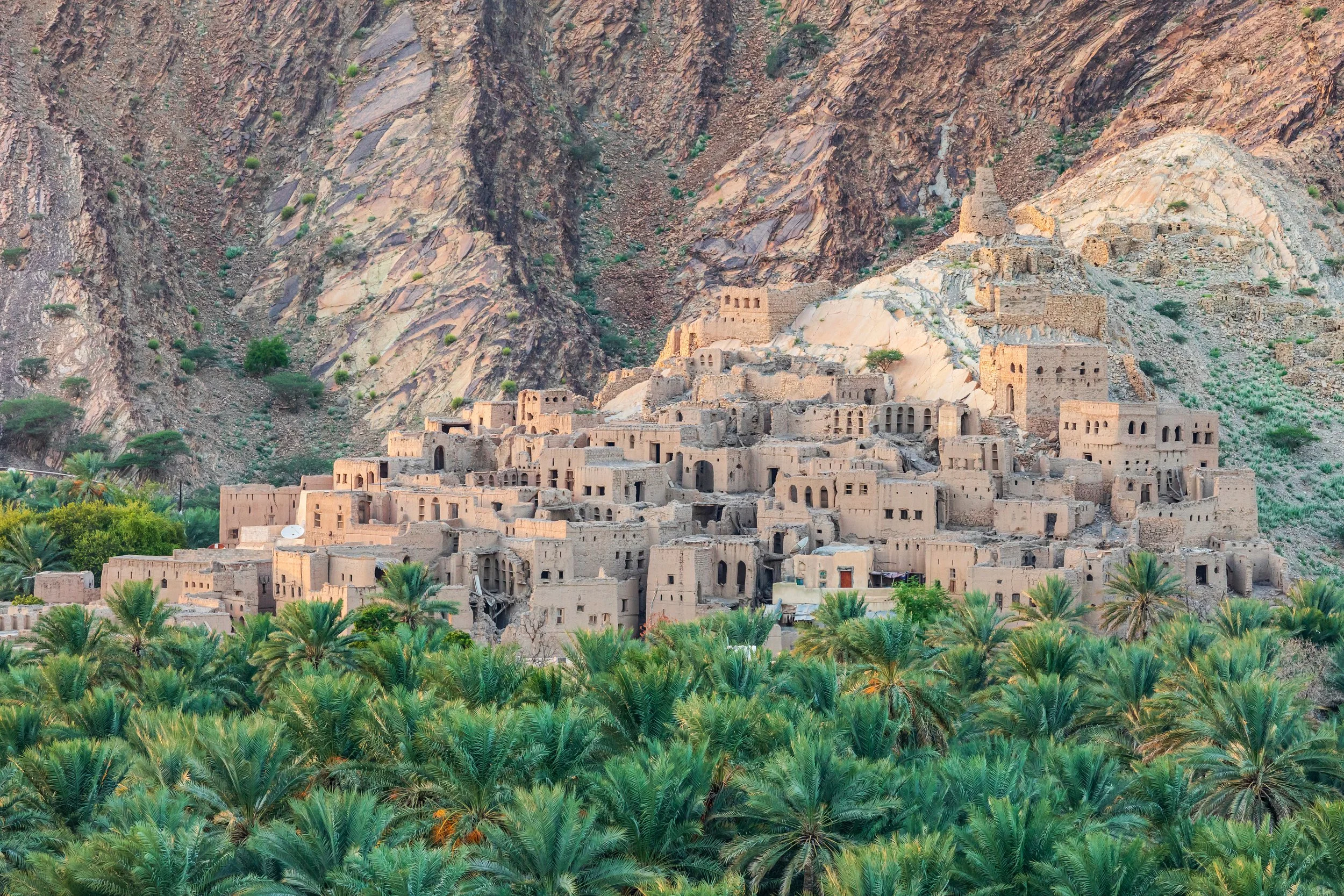
DULI
DATES
Delight in the rich tradition of Oman, where nature's finest dates are meticulously harvested. Try natural superfood for healthy living.
-

Khalas Dates
$29.99
-

Fard Dates
$29.99
Khalas Dates
The Khalas date, a crown jewel of Omani agriculture, boasts a rich history, exceptional taste, and a multitude of health benefits. Here's a deep dive into this beloved Omani variety.
Nutritional Benefits
Natural Energy Booster
Fat-Free and Cholesterol-Free.
The healthiest form of natural sugar.
Packed with Essential Vitamins, Minerals, and Dietary Fiber.
Appearance and Taste
Smooth, golden brown skin, with a plump elongated shape.
A delightful balance of sweetness with a subtle hint of caramel.
The flesh has a satisfying soft texture with a special dry crust on the outside.
Origin
Native to most of Oman.
Thrives in the hot & arid climate.
“Khalas" is derived from the Arabic word "(Khalas)" which translates to "purity".
Fard Dates
Fard dates stand out for their consistent shape and deep red skin. These nutrient powerhouses contain vitamins, minerals, and essential elements like calcium, iron, and phosphorus.
Appearance and Taste
Roundish shape, glossy, and dark brown to black skin.
They are prized for their soft and succulent texture.
Rich, caramel-like flavor with hints of honey and butterscotch.
Nutritional Benefits
Rich in Antioxidants.
Natural Energy Booster
Fat-Free and Cholesterol-Free.
Low in Sugar Compared to Other Varieties.
Packed with Essential Vitamins, Minerals, and Dietary Fiber.
Origin
Native to Eastern Oman.
Thrives in the hot & arid climate.
Fard" is derived from the Arabic word "(fardh)" which translates to "obligation" or "duty."
The Omani Date Story
Where Sunlight Meets Tradition
We're a family-run business with a passion for sharing Oman's finest dates. Our palms grow under the warm embrace of Oman’s sun, nourished by the ancient "Aflaj" irrigation systems – a network of underground channels that have sustained agriculture for centuries.
These ingenious channels bring life-giving water directly to the roots of our date palms. The result? Dates bursting with natural sweetness, nurtured by tradition and sunshine.
Once hand-picked at peak ripeness, we continue the time-honored process. We gently sun-dry the dates, concentrating their flavor even further. This traditional technique, passed down through generations, ensures you experience the pure, sun-kissed taste of Oman in every bite.
Aflaj:
Oman's Indigenous Lifeforce
Aflaj is the plural of falaj, derived from the Arabic root falaja, meaning to divide into two parts. It is the fair sharing of water that forms the basis of these life-giving systems.
Aflaj are ancient systems of water management that use gravity to channel water from precious sources under or above ground, often over many miles.
They supply water for human use and agriculture, bringing life to areas that would otherwise be dry and inhospitable.
Here is how it works:
1. Water Source: The Aflaj systems primarily rely on the natural flow of water from underground springs. These springs are often located in elevated areas or mountains and serve as the primary water source for the system.
2. Channeling Water: Channels, known as "aflaj," are meticulously constructed to guide water from the source to various destinations. Aflaj are gravity-fed and follow a carefully planned route to ensure efficient water distribution.
3. Distribution Network: The aflaj branch out into smaller channels that distribute water to individual farms and communities. Those networks are often extensive; serving numerous agricultural plots and settlements along the way.
4. Maintaining Flow: The aflaj channels are engineered with precise gradients and inclinations. The gentle slope allows water to flow smoothly through the system without loss or stagnation.
5. Water Allocation: Water distribution is managed through a system of gates and valves strategically placed along the channels, regulating the flow of water, ensuring equitable distribution among farms and houses.
Frequently Asked Questions
What are the health benefits of eating dates?
Dates are packed with natural fiber, antioxidants, potassium, magnesium, and vitamins. They support digestion, boost energy, and help maintain heart and bone health. Dates are rich in soluble fiber, which supports a healthy gut, reduces constipation, and improves bowel movements.
Are dates good for weight loss?
Yes—when eaten in moderation. Dates are naturally sweet and can replace processed sugar in your diet, helping you satisfy cravings while providing nutrients.
How many dates should I eat per day?
Most nutritionists recommend 2–4 dates a day for daily energy and fiber. Athletes and active individuals may enjoy more as a natural pre- or post-workout snack.
Do dates have added sugar?
No. Premium dates, like ours, contain only natural sugars made by the fruit itself. We never add preservatives or artificial sweeteners.
What’s the difference between Medjool dates and other varieties?
Medjool dates are larger, softer, and naturally sweeter—often called the “king of dates.” Other varieties like Khalas are smaller, chewier, and more sweeter in flavor. Fard on the other hand, are less sweeter and rich in flavor.
How are Omani dates different?
Omani dates are prized for their caramel-like flavor, soft texture, and centuries-old farming traditions. Grown under Oman’s unique “Aflaj” irrigation system, they carry a distinct richness compared to other varieties.
Connect With Us
Indulge in Exquisite Flavors
Questions? We are happy to assist. Your feedback is valuable to us. Interested in business opportunities or investing in DULIDATES? Reach out to us using the contact form here. Our team is ready to assist you and explore potential collaborations.










